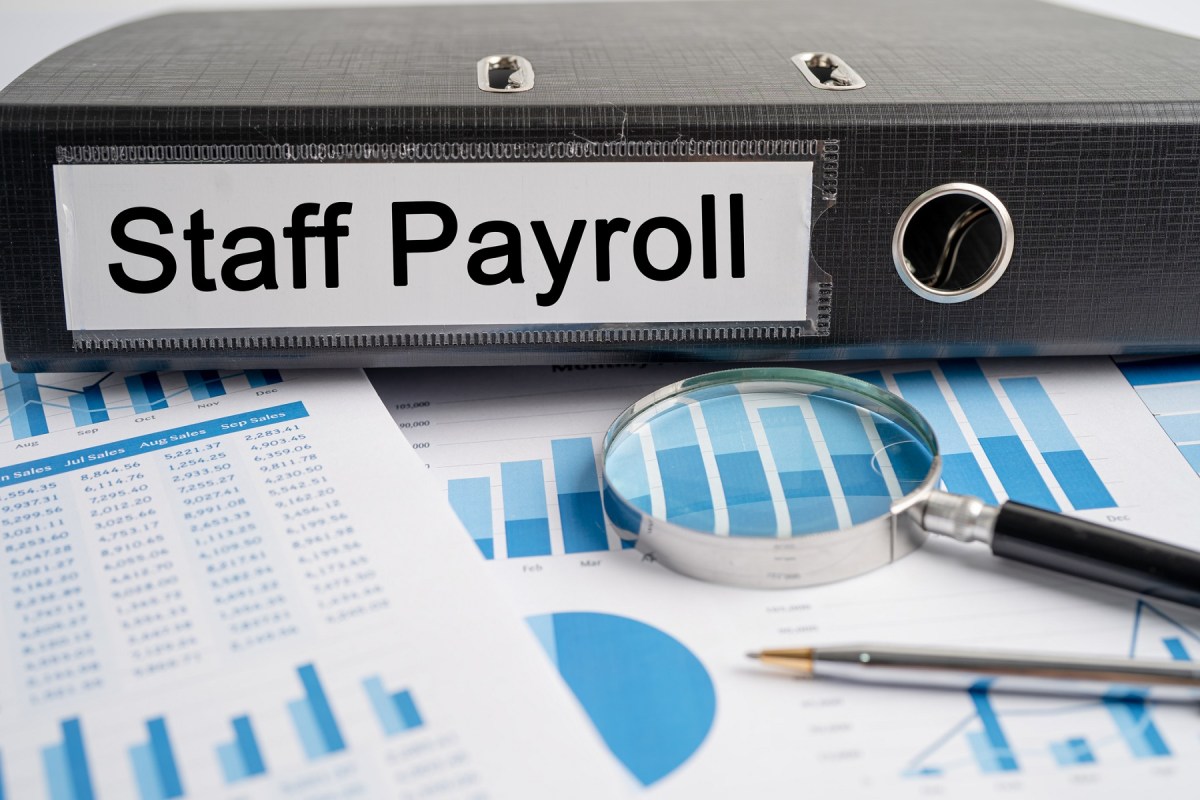We’ve all seen the long list of big names called out for underpaying workers, from celebrity chefs to the country’s biggest employers – Qantas, Coles, Woolworths, NAB, CBA, Super Retail, the AB, and even – allegedly – some of our biggest law firms1.
It’s a problem affecting remuneration from hiring to retiring. PwC estimates underpayment affects 13 per cent of the Australian workforce2 and Industry Super Australia found bosses failed to pay almost three million Australian employees, one in four workers, nearly $5 billion in employer super contributions in 2018-193.
Who’s at risk?
The Senate committee report into unlawful underpayments called the issue “systematic and deliberate”. However, in many cases, underpaying is not deliberate4. Many employers have no idea that they have an exposure and are not taking steps to ensure they are compliant with Modern Award obligations, or able to demonstrate compliance if challenged by current or former employees.
Aside from the financial and reputational risk, the Fair Work Ombudsman has put the C-suite on notice that they are personally responsible. In 2020 The Fair Work Ombudsman stated: “I am calling on Boards to seek assurances from their chief executive officers that wages are being paid to employees in accordance with the law. The buck ultimately stops with the Chair.”5
The biggest risk for employers is that they don’t realise they have obligations under Modern Awards and don’t have the systems and processes in place to ensure the compliance. Having an accurate time and attendance system for all administrative staff and others covered by Modern Awards, allows companies to check their compliance status and is the safety net they should all have.
Such a system allows businesses to check compliance, even retrospectively, and appropriate integration with payroll systems is key to ensuring correct and timely payment of employees. For most companies found in breach, the culprit is payroll software that has not been appropriately integrated with other systems.
Use by dates aren’t just for milk
The one thing stopping most businesses creating that interconnected payroll ecosystem is out-of-date technology.
Businesses can get hamstrung by accounting packages with minimal features that lack the robustness for advanced payroll reporting, or are using difficult-to-customise platforms that struggle to meet constantly changing compliance obligations.
An up-to-date payroll platform that ensures compliance is key, but it also needs to go beyond payroll…
Systems with separation anxiety
Many teams struggle with payroll software that isn’t integrated with third-party systems, like those used by HR teams. That leads to greater risk of human error and difficulty with reporting, as data needs to move from one system to another.
Being compliant, especially when it comes to payroll, is a basic requirement of doing business and must be a company-wide priority. It’s why The Access Group developed Workspace, an integrated business software solution that connects payroll, finance, HR and other systems in a single platform to reduce the risk of human error, to ensure compliance is baked in at every step, and to deliver autonomy and self-service – at scale – for all employees.
Managing constant change
The other compliance roadblock is navigating Australia’s complex regulatory payroll landscape. It’s like Sydney’s skyline – constantly changing. STP2 is the latest change to impact the industry, and it won’t be the last.
No wonder an Australian Payroll Association survey found 9 in 10 payroll managers find interpreting legislation and Awards around entitlements and payments “confusing or contradictory”6. With 13 million people employed by 2.4 million businesses in Australia, millions of pay runs are processed every week. And with 60 per cent of these businesses having a multi-entity structure (a business consisting of several ABN entities), the payroll challenge is compounded further.
Quite simply, businesses cannot afford to get it wrong and C-suite executives should be asking some simple questions of their Payroll and HR Teams as set out in our recent White Paper.
Confusion and compliance don’t play well together in the sandpit, and ignorance of the law is not going fly. It’s critical to ensure your payroll software provider has the deep knowledge and expertise to ensure your business solution delivers on compliance.
The key to overcoming the payroll challenge is managing the varying dependencies with up-to-date, compliant-ready and interconnected software. Armed with this knowledge, you’ll ensure your business meets its obligations with accurate, compliant, and timely pay runs each and every pay cycle; reducing risk whilst ensuring your employees and the broader business isn’t negatively impacted.
John Maley is head of human resources for Asia Pacific at leading business management software provider, The Access Group.
References
- https://www.afr.com/companies/professional-services/freehills-underpaid-some-junior-lawyers-more-than-20-000-20200924-p55ym6? and https://www.lawyersweekly.com.au/biglaw/27295-ashurst-responds-to-reports-of-underpaying-staff?
- https://www.abc.net.au/news/2022-03-30/brt-wage-theft-inquiry-report/100952990
- https://www.abc.net.au/news/2021-10-28/superannuation-rip-off-hits-retirement-plans-of-workers/100556506
- https://www.abc.net.au/news/2022-03-30/brt-wage-theft-inquiry-report/100952990
- https://www.theaccessgroup.com/en-au/blog/prl-risk-of-underpayments-for-c-suite-boards/
- https://www.austpayroll.com.au/wp-content/uploads/2021/05/APA-2021-Payroll-Benchmarking-Report.pdf

